Guide Resource
Covering the Extractive Industries
Mineral extraction plays a dominant role in many economies and in the lives of billions of people. At what cost?
Mineral extraction plays a dominant role in many economies and in the lives of billions of people. At what cost?
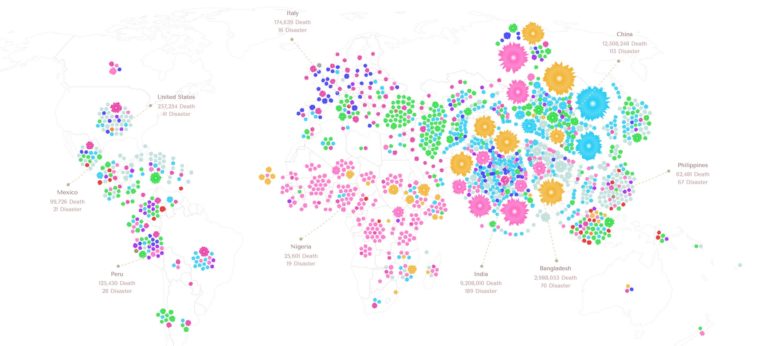
Have you ever noticed how your Google search results now appear with boxes of information extracted from the websites by the search engine? Our NodeXL #ddj mapping from November 9 to 15 found The Markup’s new “Simple Search” browser extension, which allows you to view the best results in the “traditional” Google search format. We also discovered a visualization of the connection between members of the ruling British Conservative Party and COVID-19 contracts, InfoAmazonia’s investigation into mining requests in protected Indigenous land in the Amazon, and German daily Der Tagesspiegel showing that the American private equity group Blackstone is a major private property owner in the German capital, Berlin.
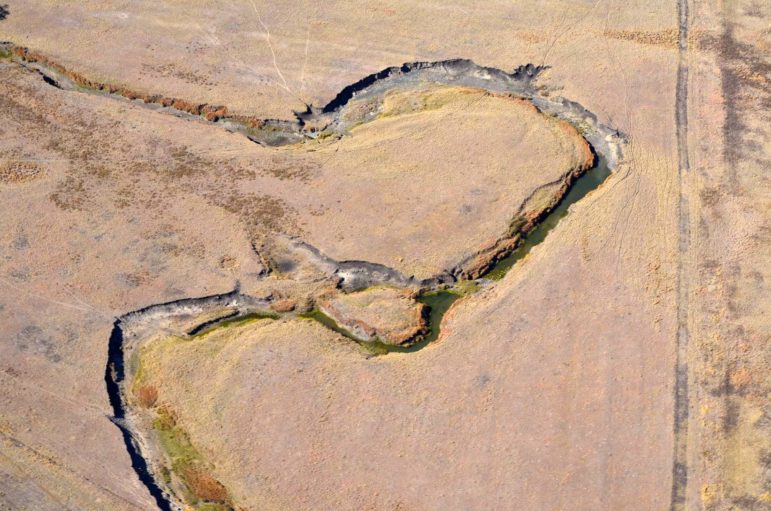
The South African investigative site Oxpeckers uses a combination of data analysis, collaboration, and interactive data visualization tools to tell the most compelling stories about the land and those accused of damaging it. From mining to environmental crimes and wildlife trafficking, it has brought investigative techniques to beats like mining that were once the preserve of business reporters.

An investigative outfit with an advocacy program may raise eyebrows. But in South Africa, amaBhungane has scored major wins for transparency and free speech.
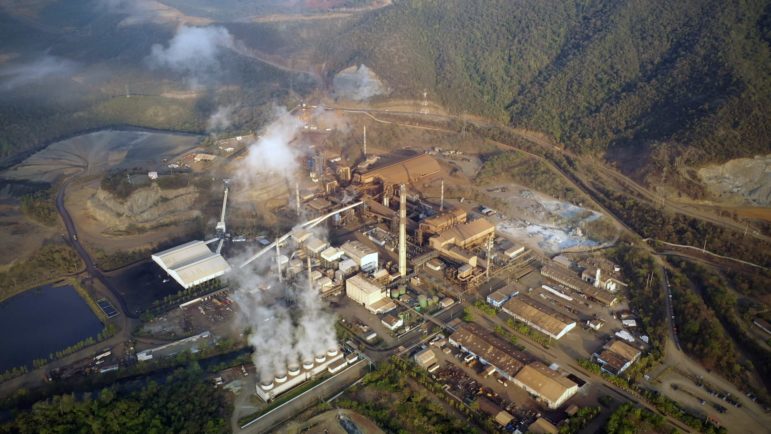
When journalists are killed or threatened for investigating environmental crimes, the story can go cold. But the Paris-based Forbidden Stories nonprofit brought together 40 journalists in 15 countries with the aim of completing the work local reporters could no longer pursue. The result is the Green Blood project.
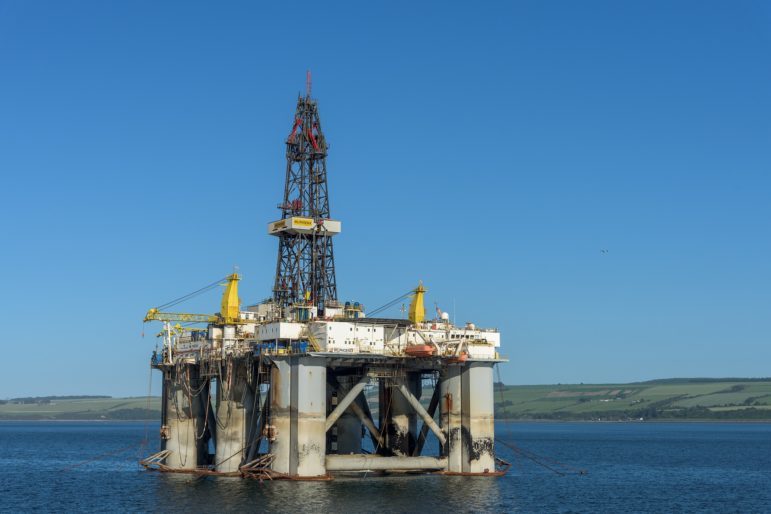
Natural resource extraction industries make billions of dollars each year. And where there is big money, there is corruption — plus mines can have a destructive impact on the environment and on communities. Leonie Kijewski rounded up top resources and tips for reporting on the extractive industries around the globe for GIJN.
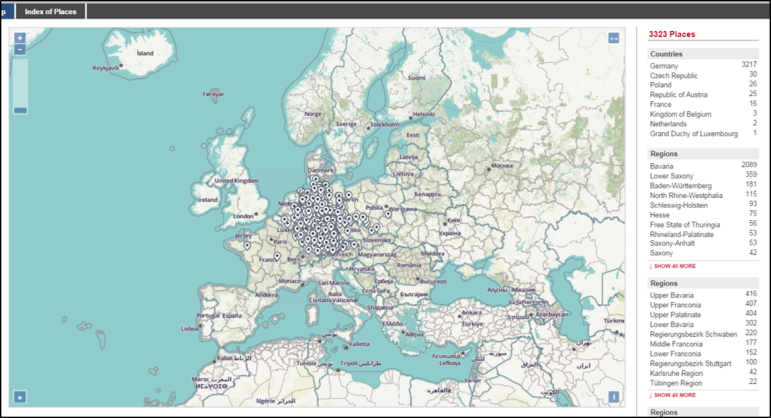
We’re back from the wonderful Global Investigative Journalism Conference in Lillehammer with a new roundup of resources for you. Thanks to everyone who came to and shared the presentation I did there with Margot Williams of The Intercept, 100 Best Databases for Internet Research. You can find links to all the resources that Margot and I talked about in this post.